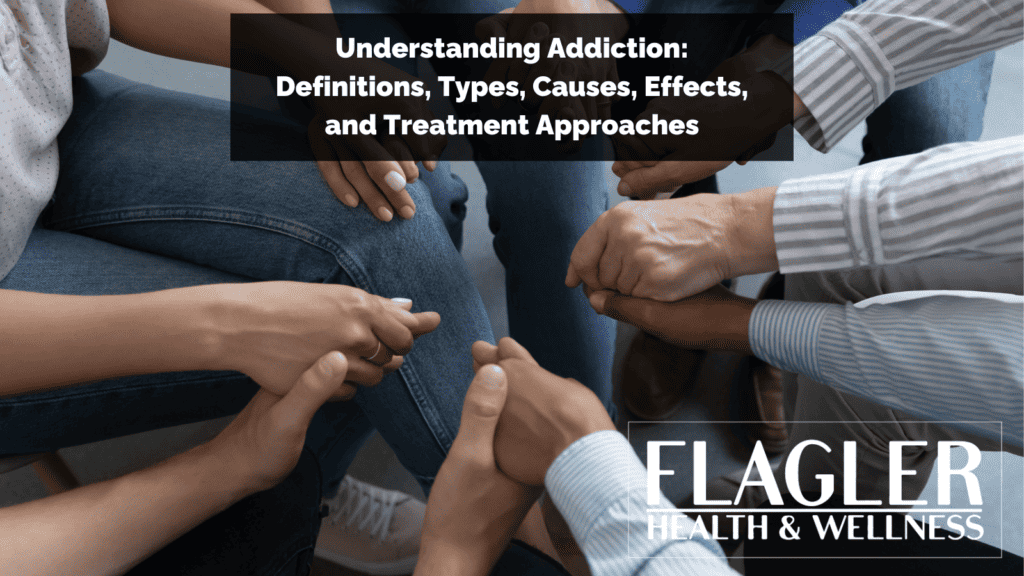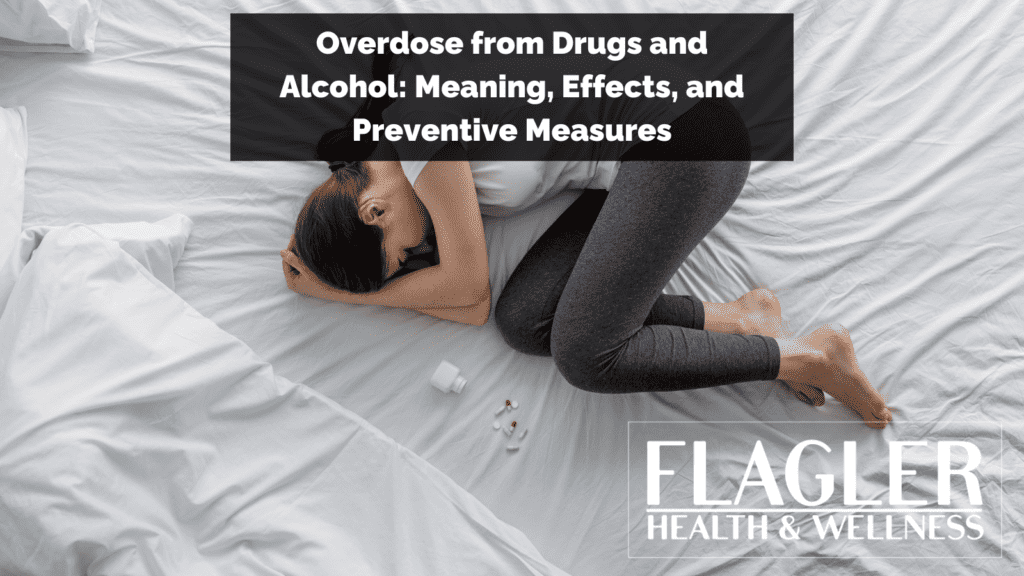Key Takeaways:
- Understanding addiction: Addiction is a complex medical condition that is influenced by genetics, environmental factors, and mental health issues. It is not a choice or a moral failing.
- Debunking common myths about addiction: Addiction is not a matter of weak willpower, and it is not incurable. Recovery is possible through appropriate treatment and support.
- Preventing addiction: Education is key to breaking down the misconceptions surrounding addiction. Early intervention, access to treatment, and community support all play important roles in preventing addiction and promoting recovery.
In the sphere of addiction treatment, a multitude of myths and misconceptions exist that often create barriers for individuals seeking help. These myths not only spread misinformation, but they also stigmatize addiction and the recovery process, potentially discouraging those in need from seeking treatment. Let’s debunk some of these common myths in order to foster a more accurate and empathetic understanding of addiction treatment.
Breaking Down the Puzzle of Addiction
In the vast and varied landscape of human experiences, addiction stands as one of the most misunderstood phenomena. To truly grapple with the issue, one must dive deep into its intricate nature. Addiction is not an overnight event. It is a slow creep, gradually entwining itself into the fabric of a person’s life. By dissecting the biological, psychological, and social elements of addiction, we can tailor effective treatments to those embroiled in this struggle.

the heart of addiction, we find the workings of a brain under siege. The battlefield? The mesolimbic dopamine system – our inbuilt epicenter of pleasure, motivation, and reward. When activities like drug use or gambling enter the scene, the brain bathes in a dopamine surge, creating a wave of pleasure. However, in the grip of repeated indulgence, the brain’s structure and functionality take a hit, distorting decision-making faculties and memory processing.
What’s fascinating about addiction is its multifaceted origin story. There’s no singular villain here. Instead, we find an ensemble of contributing factors, from genetic propensities to environmental elements like trauma, stress, or a penchant for risk-taking. It’s a complex web that can guide an individual down the path of addiction. Moreover, research indicates that those grappling with co-occurring mental health disorders may find themselves more susceptible to this journey.
Did you know that as far back as 1957, The World Health Organization (WHO) labeled addiction as a disease? Defined as a “state of psychological dependence on a psychoactive drug”, this designation emphasizes the necessity of a medical approach to addiction treatment.
Common Myths About Addiction
Myth 1: Addiction is a choice, not a disease.
Reality: This notion couldn’t be further from the truth. Science has demonstrated that addiction is a complex disease of the brain and body, much like diabetes or heart disease. It affects neural pathways and alters the way the brain functions. While the initial decision to use a substance may be voluntary, over time, changes in the brain caused by repeated substance use can affect a person’s self-control and ability to make sound decisions.
Myth 2: One has to hit rock bottom to seek treatment.
Reality: This myth perpetuates the harmful idea that a person must reach a critical low point in their life before they can effectively seek or benefit from treatment. In reality, recovery can begin at any point in the addiction process—and the sooner, the better. Early intervention often leads to better treatment outcomes.
Myth 3: Relapse means treatment has failed.
Reality: Relapse is not a sign of failure but rather a common part of the recovery process. Just as symptoms can recur in other chronic diseases, relapse can occur during addiction recovery. What’s crucial is that relapse should act as a signal to return to, adjust, or change treatment, not to abandon it.
Myth 4: All treatment programs are the same.
Reality: Effective addiction treatment programs recognize that each person’s needs are unique. Treatment varies depending on the type of drug and the characteristics of the patients. Matching treatment settings, interventions, and services to an individual’s particular problems and needs is critical to their ultimate success in returning to healthy functioning in the family, workplace, and society.
Myth 5: Medication-assisted treatment just replaces one addiction with another.
Reality: Medication-assisted treatment (MAT) is a comprehensive way to address the needs of individuals with opioid use disorder that includes the use of medication along with counseling and other behavioral therapies. When administered properly, particularly during medical detox for substance use disorder, the medications used in MAT have no adverse effects on a person’s intelligence, mental capability, physical functioning, or employability.
Tackling these myths is an important step towards understanding addiction and promoting recovery. It’s crucial that we replace these misconceptions with facts to create a supportive environment for those battling addiction. Knowledge is power, and in this case, it can be the key to unlocking a new, healthier life.
Don’t Fall Victim To The Stigma Of Substance Use Disorder
Emerging from the shadows of substance abuse to embrace a sober existence requires a Herculean display of resolve and courage. Those who have walked this path utilize their past experiences to forge stronger futures, transforming from individuals once deemed ‘broken’ into reliable, resilient contributors to society. Such a remarkable turnaround showcases the human capacity for change and growth – a testament to the power of determination.
Share This Post







